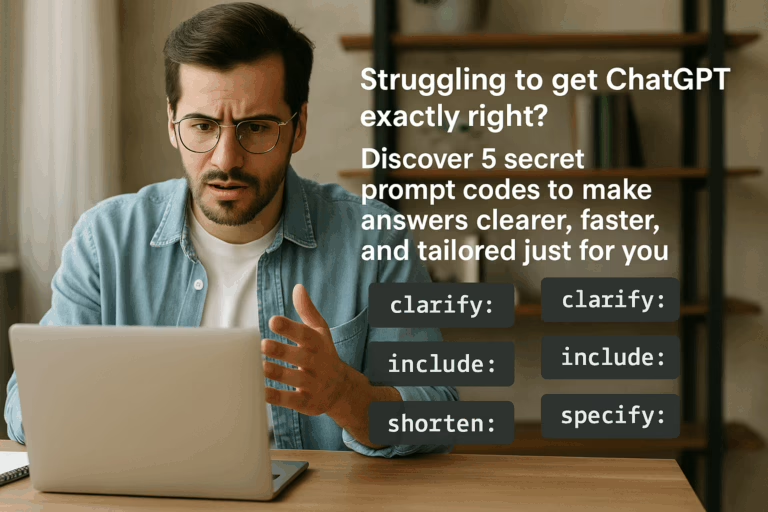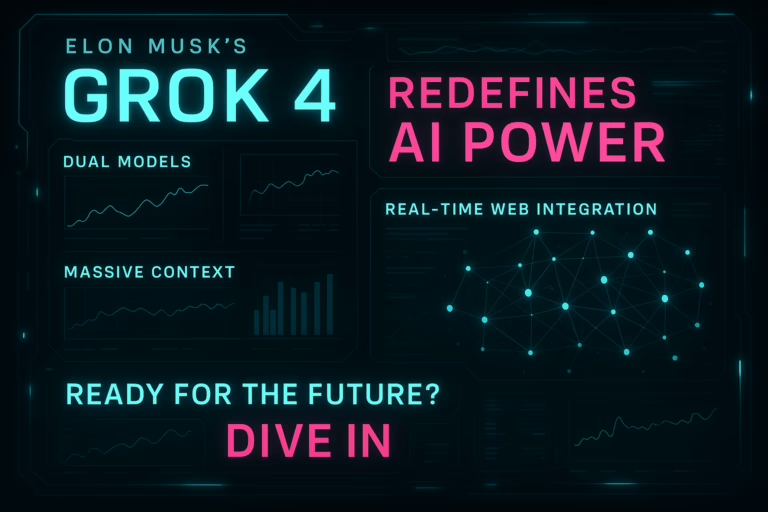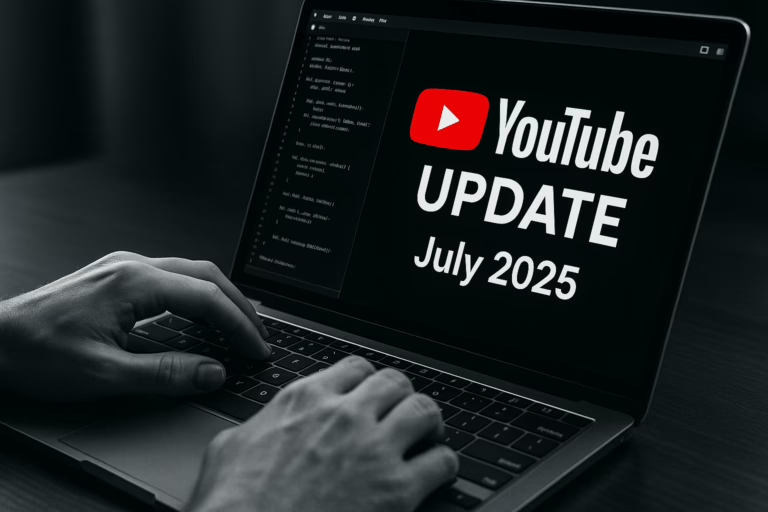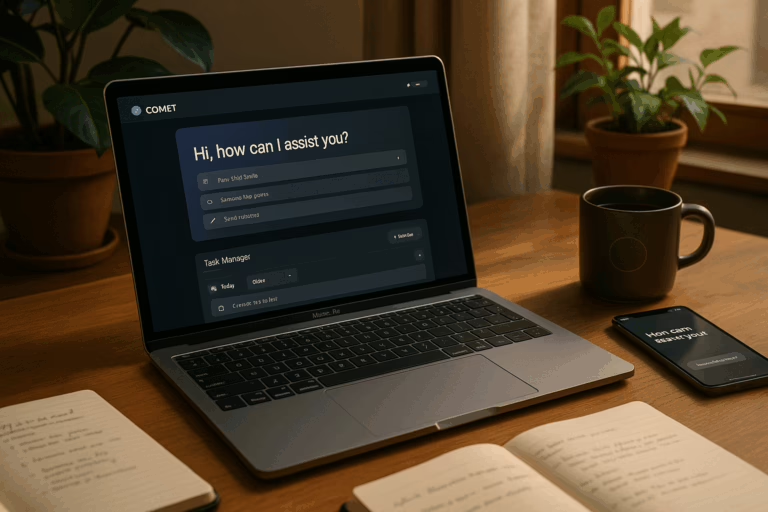Ever feel like your AI agents and your databases are speaking two different languages? You have powerful AI ready to work, and mountains of valuable data locked away. Getting them to communicate effectively often means building a tangled mess of custom connectors, wrestling with security protocols, and spending more time on plumbing than on innovation. It’s a common headache that slows everything down.
But what if there was a universal standard, a simple plug-and-play solution? That’s the promise of the Model Context Protocol (MCP), and Google is pushing it forward with its new open-source MCP Toolbox for Databases.
So What Is the Model Context Protocol Anyway?
Think of the Model Context Protocol, or MCP, as the USB-C port for artificial intelligence. Before USB-C, we had a drawer full of different cables for every device. Now, one standard connector handles power, data, and video for almost everything. MCP, an open standard developed by the bright minds at Anthropic, does the same for AI.
It creates a standardized, two-way connection so that AI applications can securely talk to different data sources and tools, like databases, APIs, or codebases, without needing a custom-built connector for each one. This simple idea unlocks a more cohesive and powerful AI ecosystem.
Enter Google’s MCP Toolbox for Databases
While Anthropic created the standard, Google built a powerful tool that puts it to work. The MCP Toolbox for Databases is an open-source MCP server designed specifically to bridge the gap between AI agents and your databases. It handles all the tricky parts of database communication, like authentication, connection pooling, and query generation, so developers don’t have to.
This means your AI can securely and efficiently access the information it needs, when it needs it. Companies are already seeing the value. For example, leaders like Block are using MCP to build “agentic systems that remove mechanical burdens,” freeing up their teams to focus on more important work.
How the Toolbox Transforms Database Interactions
The toolbox isn’t just about making connections; it’s about making those connections smarter and more intuitive. It fundamentally changes how developers and AI models work with data.
From Tedious SQL to Simple English
Imagine asking your database questions in plain English. Instead of writing a complex SQL query, you can just ask, “How many orders were delivered in the last quarter, and which items were most popular?” The MCP Toolbox translates that natural language request into an efficient query, runs it, and gives the AI the answer. This capability makes data accessible to more people and streamlines automated reporting and analysis.
Boosting Developer Productivity
For developers, the toolbox is a massive time-saver. Getting an AI agent connected to a database can be done in fewer than 10 lines of code. The complex configurations and security considerations are handled automatically. This leads to some impressive efficiency gains across the board.
Developer Efficiency with MCP Toolbox
10x Faster
Integration Time
Up to 50% Reduction
Setup & Migration Overhead
Source: Google AI Blog
A Look at Key Capabilities
The MCP Toolbox is more than a simple connector. It’s a full-featured system that provides security, speed, and intelligence right out of the box. Its design focuses on solving the most common and frustrating challenges of building data-aware AI agents.
MCP Toolbox for Databases: Feature Breakdown
Automated Database Management
Lets agents create tables or generate indexes using simple prompts instead of manual scripts.
Context-Aware Code Generation
Generates application code that is aware of the real-time database schema, reducing errors.
Built-in Security & Observability
Handles authentication at the protocol level and provides visibility into every interaction.
Source: Anthropic News
Who’s Already on Board?
This isn’t just a theoretical concept. The MCP ecosystem is growing quickly. Besides Block, other major players in the developer space are integrating MCP to enhance their platforms. Companies like **Apollo**, **Zed**, **Replit**, **Codeium**, and **Sourcegraph** are all using the protocol to create more powerful, context-aware developer experiences. This broad adoption signals a real shift in how the industry approaches AI integration.
Frequently Asked Questions (FAQ)
What is the Model Context Protocol (MCP)?
MCP is an open standard, created by Anthropic, that standardizes the way AI models and agents communicate with external tools and data sources, like databases. It acts like a universal adapter for AI. Learn more here.
Is the MCP Toolbox from Google the same as MCP?
No. MCP is the protocol, or the “standard.” The MCP Toolbox for Databases is Google’s open-source software that *implements* that standard specifically for databases, making it easy for developers to use. See the announcement details.
What can I use the MCP Toolbox for?
You can use it to build AI agents that can query databases with natural language, automate database management tasks like creating tables, and generate application code that is aware of your database’s structure. Explore the possibilities.
How do I get started with the MCP Toolbox?
The toolbox is an open-source project. Developers can find it on GitHub, and the growing MCP community offers SDKs in popular languages like Python, TypeScript, and Java to help you integrate it into your applications. Find out more about the ecosystem.






